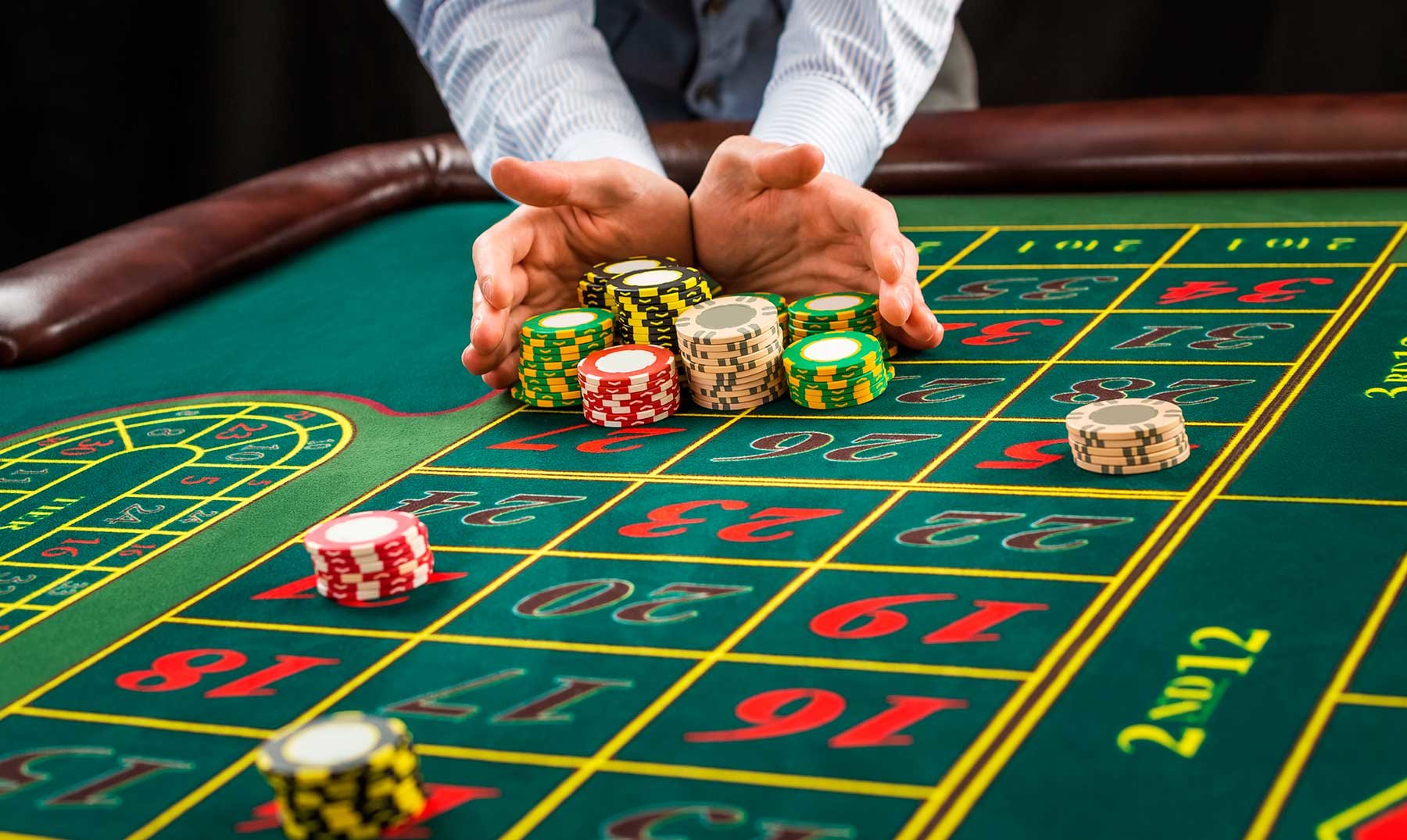
Casino gaming has long been a subject of fascination and debate, drawing in millions of players around the world. With a blend of chance, skill, and the thrill of uncertainty, casino games offer an exhilarating escape from everyday life. However, as entertainment becomes ever more available, it calls for a more thorough examination of the morality surrounding these games.
At the heart of the debate lies the question of whether casinos promote responsible gaming or exploit vulnerable individuals. The allure of potential winnings versus the reality of losses can create a complex dynamic, and understanding this balance is essential for both players and operators. As we delve into the morals of casino gaming, we will explore the responsibilities of casinos, the impact on society, and the measures that can be taken to foster a better gaming environment.
The Impact of Casino Gaming on Society
Casino gaming has a significant influence on society, affecting not only the economy but also interpersonal dynamics and community structures. The income generated from casinos can lead to job creation and boost regional economies, as they provide various employment opportunities in different sectors including hospitality, leisure activities, and shopping. However, while the financial benefits can be substantial, communities often grapple with the possible negative impacts that arise from increased gambling activity.
Additionally, the presence of casinos can lead to an increase in gambling addiction, presenting significant challenges for players and families. The excitement of casino games can quickly evolve into a habitual habit, affecting connections with others and leading to monetary issues. Many players may find it difficult with the loss of control over their gambling habits, resulting in a need for assistance programs and interventions to address this increasing issue. The social cost of gambling addiction can ripple through families and neighborhoods, creating an urgent need for sensible gambling approaches.
In addition to the economic and social ramifications, casino gaming often reflects cultural attitudes towards uncertainty and entertainment. It can encourage a sense of joy and leisure, attracting visitors and boosting tourism. However, this allure may also conceal the wider implications of gambling as a form of entertainment, provoking ethical questions about its promotion and availability. As communities weigh the benefits and disadvantages of casino gaming, the need for responsible practices and oversight becomes increasingly critical in ensuring that the beneficial elements are maximized while minimizing the potential harms.
Ethical Concerns in Betting Practices
The ethics of gambling gaming often center around the risk for addiction and its effects on people and families. Gambling can lead to serious financial distress, impacting not only the betters but also their loved ones. As individuals become caught in the allure of winning, many lose track of their financial limits, which can result in devastating outcomes such as bankruptcy. This poses moral questions about the responsibility of casinos in promoting safe gambling habits and providing support for those who may be dealing with betting addiction.
Another major issue is the promotion of betting to vulnerable populations. Gambling establishments often target low-income individuals or communities with the promise of fast gains, which can perpetuate cycles of poverty and despair. In this situation, the morality of advertising strategies used by casinos come under examination, as they may take advantage of the need of people seeking an escape from financial hardships. This manipulation raises ethical questions about the integrity of the betting industry and its responsibility to safeguard its most vulnerable patrons.
Additionally, the effect of casino operations on society as a whole cannot be overlooked. While some argue that gambling establishments create jobs and boost local economies, others point to the community costs associated with dysfunctional gambling, increased crime rates, and a strain on public resources. Balancing economic benefits with the potential for social harm presents a complex moral dilemma for policymakers and casino operators alike. The challenge lies in finding a ethical approach that takes into account the welfare of people and society while still permitting for the pleasure of casino activities.
Oversight Framework and Obligations
The legal system pertaining to casino operations is designed to ensure equity, honesty, and player protection. Various government bodies and gambling commissions establish and enforce regulations that dictate how casino activities operate, the criteria for activity design, and the procedures for processing prizes. These regulations vary by locale but usually involve licensing requirements for providers and strict measures to avoid fraud and dishonesty.
In furthermore to regulatory bodies, gaming operators bear major duty in preserving principled standards within their facilities. keonhacai They must enforce ethical gambling practices that promote gambler protection and awareness, including providing self-limitation options and sharing information about the hazards related to gambling. Operators are also obligated for training staff to identify signs of difficult gaming and be aware of the appropriate actions to help customers in need.
Furthermore, openness in gambling operations is vital for earning and keeping public confidence. Casinos should provide clear details about the odds of activities, marketing deals, and any connected risks. By fostering an atmosphere of transparency and responsibility, gambling establishments can help lessen the likelihood negative impact of betting while boosting the overall gambling experience for all participants.
